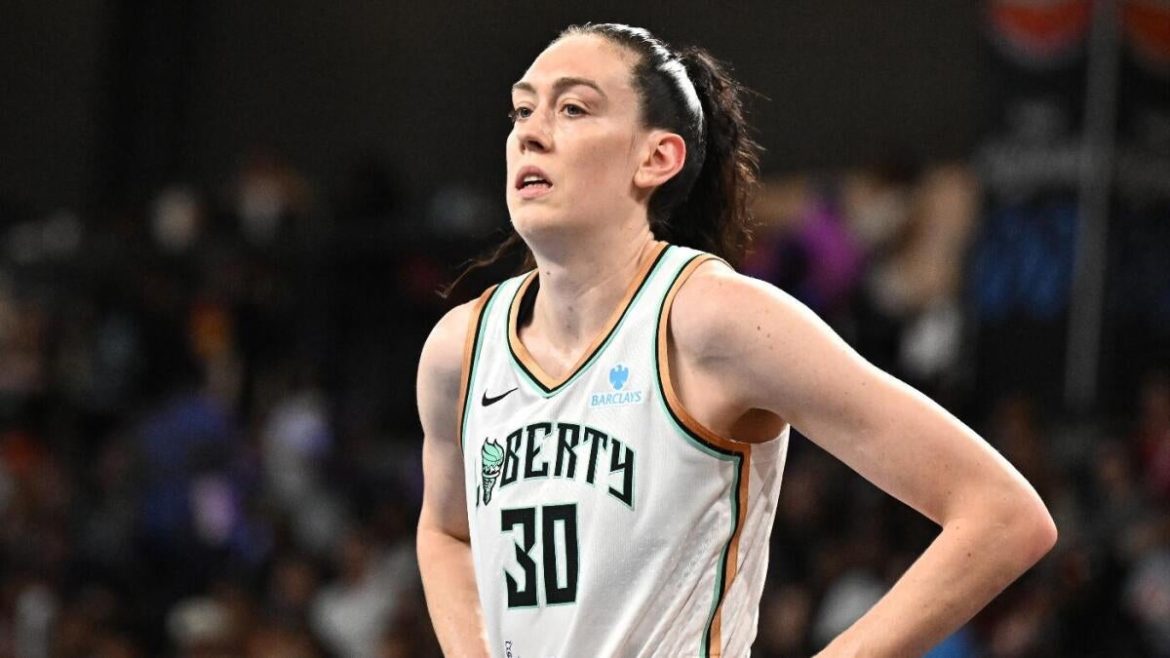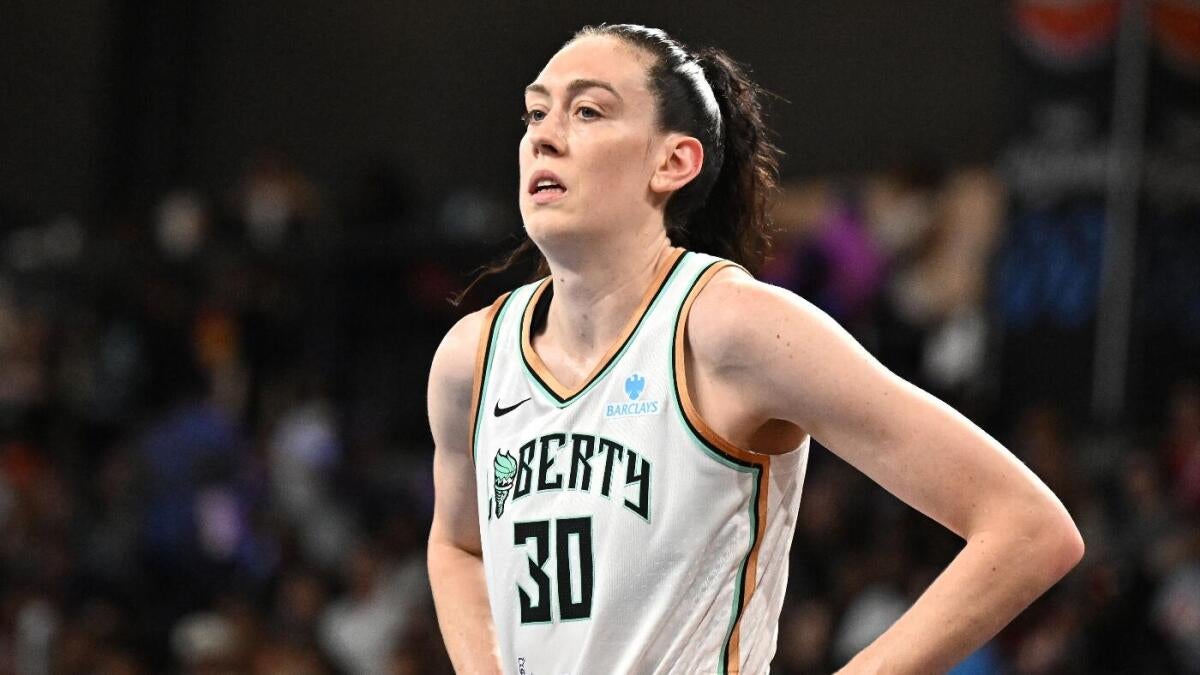The Women’s National Basketball Association (WNBA) is at a critical crossroads. With the current Collective Bargaining Agreement (CBA) set to expire after the 2025 season, the league and its players are preparing for negotiations that will shape the future of women’s professional basketball. The WNBA has seen remarkable growth in recent years, with increased viewership, cultural relevance, and financial success. However, players argue that this progress has not been fully reflected in their compensation and working conditions. The upcoming CBA negotiations will determine whether the league can sustain its momentum and provide fair treatment for its athletes.
The WNBA Players Association (WNBPA) officially opted out of the current CBA shortly after the 2024 season, signaling their intent to renegotiate terms that they believe are no longer adequate. This decision was not made lightly; it reflects the players’ growing confidence in their value and their determination to secure a fair deal. The current CBA, ratified in 2020, made some progress in increasing player salaries, but the players argue that the league’s financial landscape has changed significantly since then. With new TV deals, expansion franchises, and rising popularity, the WNBA is generating more revenue than ever before. The players believe they deserve a larger share of this revenue, commensurate with their contribution to the league’s success.
One of the most pressing issues in the negotiations is fair compensation. While the WNBA has made strides in this area, the gap between WNBA and NBA player salaries remains substantial. The entry of three new teams, each paying $250 million to join the league, has highlighted the WNBA’s growing financial strength. Players argue that this influx of capital should translate into higher salaries and benefits. The WNBPA is likely to push for a revenue-sharing model that ensures players receive a fair portion of the league’s profits. This would not only address the current disparity in salaries but also provide a more sustainable financial model for the future.
Beyond salaries, the WNBPA is also focused on improving working conditions for players. Travel has long been a contentious issue in the WNBA, with players often facing long flights, multiple connections, and limited access to amenities. The union is seeking to improve travel arrangements to minimize fatigue and maximize player recovery. Access to high-quality training facilities is another key priority. Players want to ensure that all WNBA teams provide them with the resources they need to stay in peak physical condition. Additionally, the WNBPA may push for an increase in roster sizes, which would provide more opportunities for players and alleviate the strain on existing team members.
The current CBA includes a “prioritization clause” that requires players to prioritize the WNBA over overseas playing opportunities. This clause has been a source of contention, as many players rely on overseas contracts to supplement their WNBA salaries. The WNBPA is likely to seek greater flexibility in this area, allowing players to pursue off-season opportunities without jeopardizing their WNBA careers. Alternatively, they may push for higher WNBA salaries that would make overseas play less financially necessary. The creation of alternative leagues like Unrivaled, co-founded by Breanna Stewart and Napheesa Collier, aims to provide WNBA players with viable offseason earning opportunities without the need to play abroad, allowing them to stay in the US, focus on training, and spend time with family.
The WNBPA is also advocating for improved benefits and support for players. This includes expanding family benefits, such as childcare assistance and parental leave, to better support player-mothers. Breanna Stewart has been particularly vocal about the challenges faced by WNBA moms and the need for greater support in this area. Securing a more robust retirement plan is another key priority. Players want to ensure that they have adequate financial security after their playing careers are over. Recognizing the unique pressures faced by professional athletes, the WNBPA is advocating for increased access to mental health services and resources.
While the WNBPA is pushing for significant changes, the WNBA league office also has its own priorities in the CBA negotiations. The league is likely to emphasize the need for financial sustainability and long-term growth. The WNBA has made significant strides in recent years, but it is still a relatively young league that faces ongoing financial challenges. The league will need to carefully balance the players’ demands for increased compensation and benefits with the need to maintain a healthy bottom line. The league’s initial CBA offer was reportedly met with disappointment by the players, who felt it did not adequately reflect the league’s growth and their contributions. This suggests that the negotiations could be contentious, with both sides needing to make concessions to reach an agreement.
The WNBA is committed to promoting the long-term growth and sustainability of the league. This includes investing in marketing and promotion, expanding the league’s reach, and attracting new fans. The league may argue that some of the players’ demands could hinder these efforts by diverting resources away from key growth initiatives. The league may also seek to address issues related to competitive balance in the new CBA. The emergence of “superteams,” such as the New York Liberty, has raised concerns about the potential for a lack of parity in the league. The league may explore mechanisms to promote greater competitive balance, such as adjustments to the salary cap or changes to the draft lottery.
With the current CBA set to expire after the 2025 season, there is a real possibility of a lockout if the league and the WNBPA cannot reach an agreement. A lockout would be detrimental to both sides, disrupting the season, alienating fans, and potentially damaging the league’s long-term prospects. Both the league and the players have expressed a desire to avoid a lockout, but the possibility remains if negotiations become too acrimonious. The WNBPA has demonstrated a willingness to take a strong stance, as evidenced by their decision to opt out of the current CBA. The league, meanwhile, will need to balance its financial concerns with the need to keep its players happy and engaged.
Breanna Stewart, a star player for the New York Liberty and a prominent voice in the WNBPA, is expected to play a key role in the CBA negotiations. Stewart has been actively involved in advocating for player rights and has been outspoken about the need for greater equity in the WNBA. Her experience as a two-time WNBA champion, MVP, and Olympic gold medalist gives her significant credibility and influence in the negotiations. Stewart has emphasized that the players are “not going to settle for anything” less than what they deserve. She has also highlighted the importance of addressing issues such as travel, facilities, and family benefits. Her leadership and advocacy will be crucial in ensuring that the players’ voices are heard and that their priorities are addressed in the new CBA.
The upcoming CBA negotiations represent a defining moment for the WNBA. The league is experiencing unprecedented growth and popularity, and the players are eager to capitalize on this momentum by securing a CBA that reflects their value and contribution. The negotiations will be complex and challenging, with both the league and the WNBPA having their own priorities and concerns. However, both sides have a strong incentive to reach an agreement that avoids a lockout and sets the WNBA on a path to continued success. The outcome of these negotiations will not only shape the future of the WNBA but will also serve as a model for other women’s professional sports leagues around the world. The WNBA has the opportunity to set a new standard for women’s professional sports, and the players are determined to ensure that their contributions are fairly recognized and rewarded.





